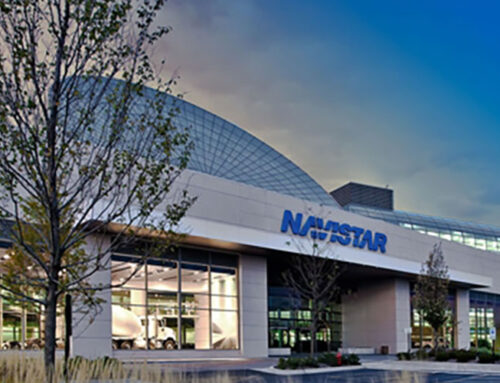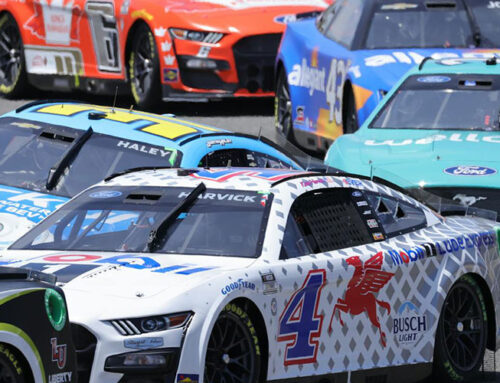The Challenge:
Since acquiring the team in Oct. 2009, the Ricketts family placed a priority on renovating Wrigley Field as part of their plan to put a championship-caliber team on the field. However, a competing group of rooftop businesses repeatedly thwarted efforts to modernize Wrigley Field, seeing as it would cut into their $250 million in competing ticket revenue they had earned over the past decade.
In 2013, after several false starts to create a public/private partnership to renovate Wrigley Field, the Ricketts family pledged to privately finance the entire $575 million renovation project in an effort to break the logjam.
While the team gained the City of Chicago’s approval of a preliminary plan, Mayor Emanuel asked the team to attempt to reach agreement with the rooftop owners over a revenue sharing contract with the rooftops, which continued to threaten the entire project.
A year of negotiations with the rooftop owners ensued but without resolution, at which point the Ricketts family, the Cubs front office, and the Culloton team decided they needed to put the players’ operational needs and the team’s business objectives first. They decided to file a new plan in the summer of 2014 with Chicago’s City Hall to finally get the renovation plan approved.
Our Approach:
While the project had been stymied for years, the team was confident that an intense and well-executed 60-day communications strategy would provide the impetus for city government approval of the team’s new plan.
That meant putting the ballpark renovation in proper context for Cubs fans: Renovation of Wrigley Field was vital to the efforts to bring a world championship to Chicago.
To kick-off the communications strategy, Cubs Chairman Tom Ricketts appeared in a video sent to all Season Ticket Holders and die-hard Cubs fans that laid bare the team’s antiquated, dilapidated and somewhat embarrassing clubhouse and training facilities.
After the video was released, the entire Cubs organization was focused on building support for the revised plans, with regular fan updates and calls to action. Via a dedicated renovation campaign website, over 30,000 Cubs fans emailed their support to City Hall. Neighborhood advocates that the team had built and cultivated over the years spoke out in favor of the plan. Groups like the Illinois State Chamber of Commerce advocated for the proposal, emphasizing the outsized economic impact the team had on the city and state.
The intensive effort engaged Cubs fans, sparking conversations on social media, sports radio, in the media and at community meetings.
Proven Results:
The revised renovation package was approved by the City of Chicago. The overwhelming support from Cubs fans provided the environment for officials to approve the plan after years of delay. Wrigley Field would again become a world-class ballpark with first-rate amenities and support the team’s on-field performance.
After years of acrimony, ground was broken at Wrigley Field on Oct. 11, 2014.
Our campaign received local and national recognition from trade groups who annually recognize outstanding work in public relations, including:
- The Holmes Report SABRE Award, Gold Award for Issues Management, 2015
- Publicity Club of Chicago, Golden Trumpet Award for Government Affairs, 2015



